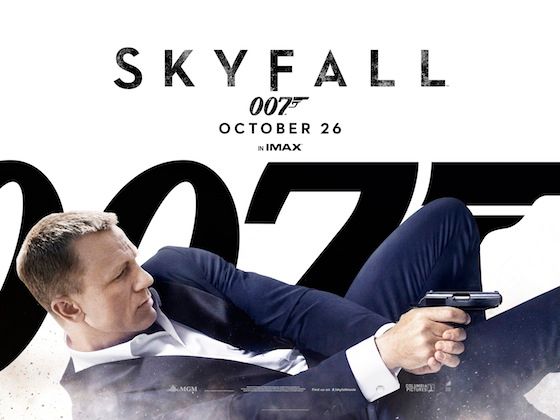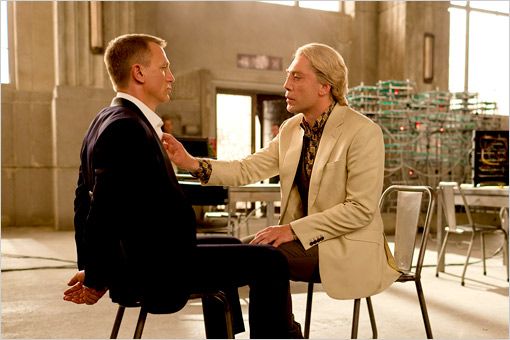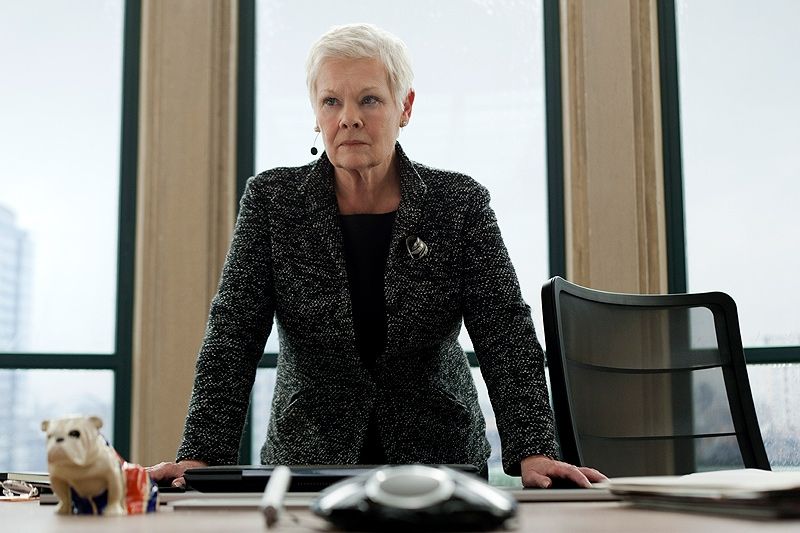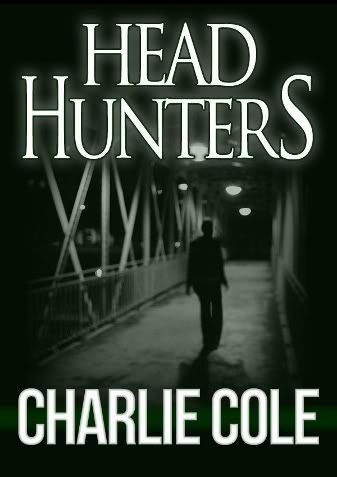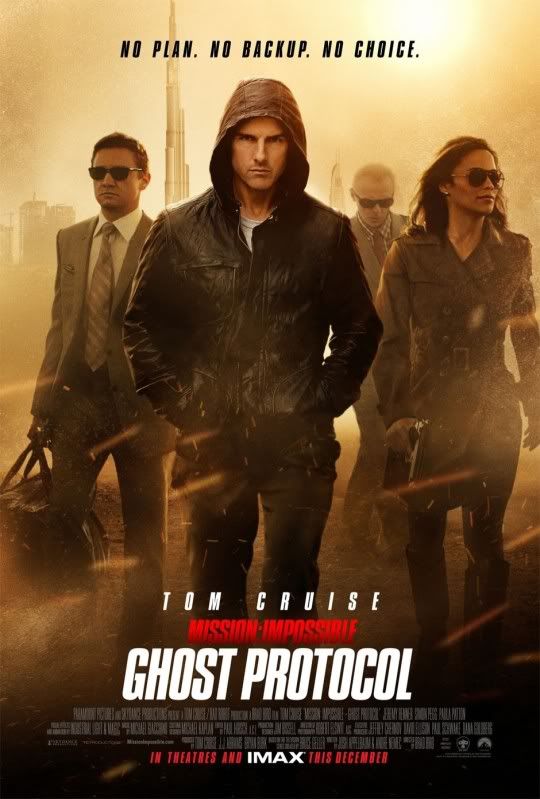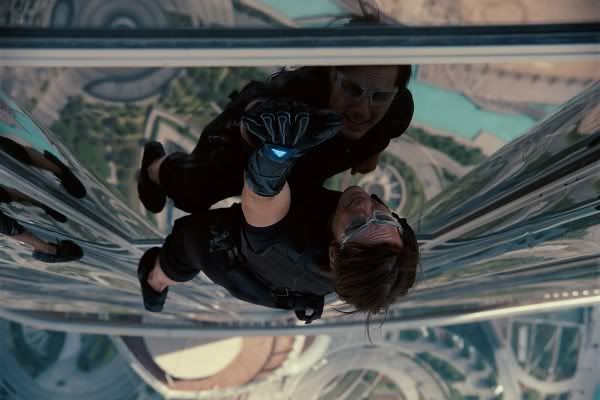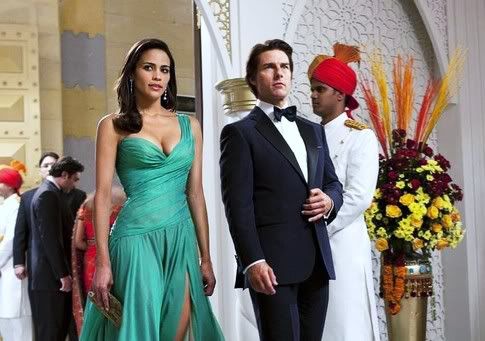I’ve said in the past that the 21st century is more a Jason Bourne era than one for James Bond. Bond was struggling, torn between the old school sensibilities of fifty years of tales and the pace and focus of the modern age. While Jason Bourne has always had a problem or two (which I’ll get to), the films did a fine job of filling that cutthroat espionage action thriller niche that Bond wasn’t quite adept at filling any more, or so it seemed. Skyfall proved Bond can and does work in this era, and rather than respond with a new film with Matt Damon, Bourne goes a bit sideways with The Bourne Legacy, a movie meant to both expand Jason Bourne’s world and introduce us to a character that can do what Bourne does since Matt Damon was on the fence about the character for a while.
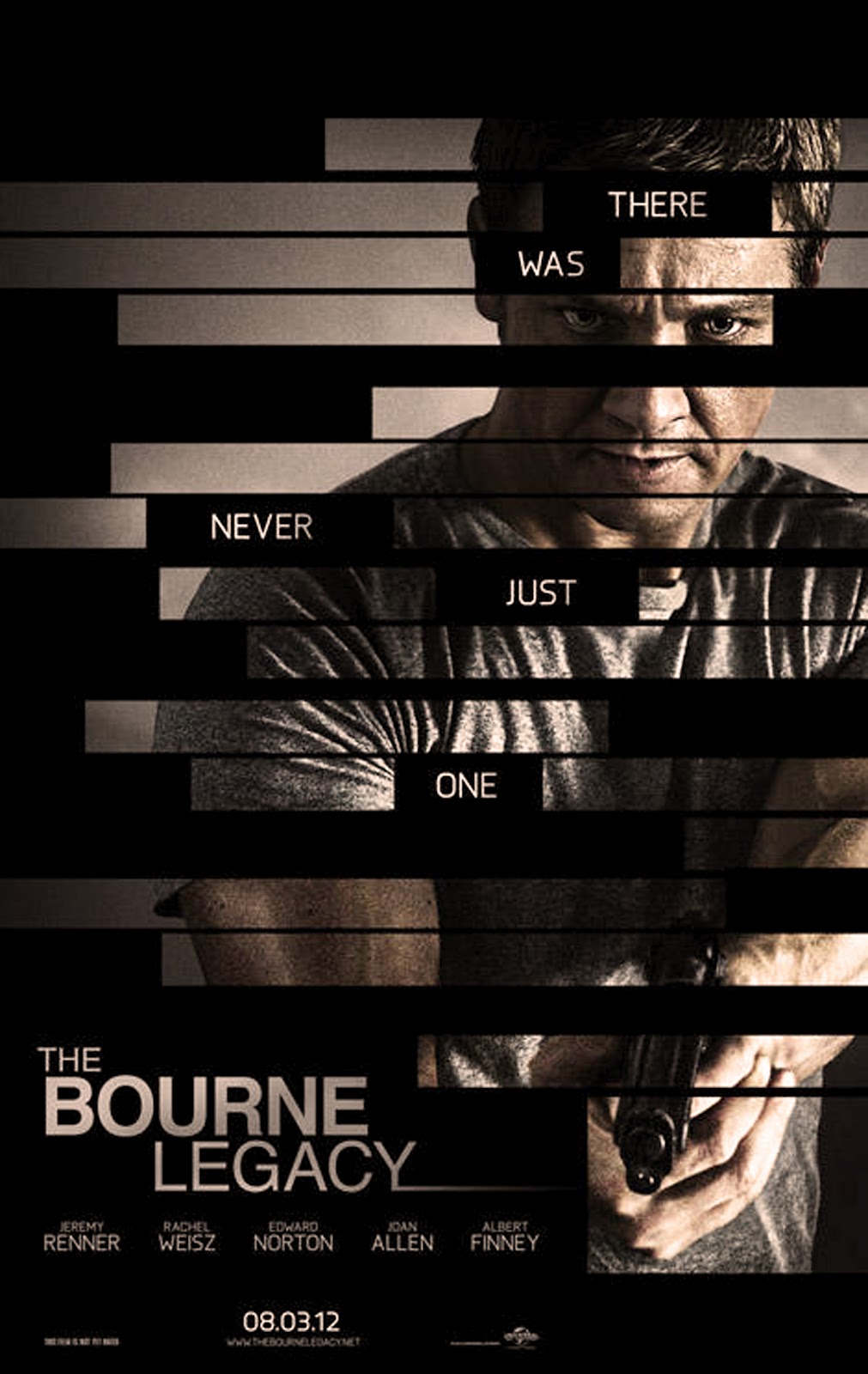
Treadstone, the super-secret government-funded project team that essentially created Bourne, is under threat of being exposed thanks to Bourne’s actions in The Bourne Supremacy, which takes place at the same time as this story. To cover their tracks, the people in charge begin liquidating their assets, from agents currently in the field to research and development teams trying to perfect the Super-Soldier Serum. (Wait, sorry, got my notes mixed up) One asset that escapes liquidation is Aaron Cross, who is part of a test group for a pill-based version of the genome-rewriting magic that makes ordinary men and women into super-assassins. He tracks down one of the doctors behind the secret formula and rescues her from her liquidators, fleeing to find more of his power-up pills before the bad guys can sic an even nastier surprise on them.
The Bourne Legacy is, from the outset, less concerned about its former leading man and more about expanding the world in which he lives. We’re given more of a vertical slice of many of the moving parts in the cloak-and-dagger world of this shadow government, with lots of men in suits and ties in expensive settings glaring at each other and making dire predictions and veiled accusations. It’s interesting that, with no other superpower to fight, many American tales of modern espionage looks for villainy within the cracks of its own government. While Skyfall functioned well making its threat based on an individual’s agenda rather than a government-backed scheme for conquest or subversion, The Bourne Legacy feels like even more of a vestige of Cold War conspiracy theorizing than any Bond film of recent memory.
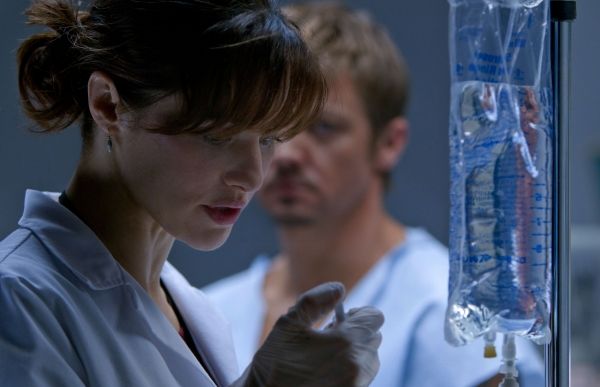
Thank God someone decided to use more traditional cameras. A Bourne movie that doesn’t induce nausea!
Fortunately, the strength of The Bourne Legacy comes more from individual performers than any major plot concerns. It seems that one of the driving forces of the film is to ensure that Jeremy Renner can carry something action-heavy on his own. The Hurt Locker was more drama than action, and as much as the man has turned up in other works in roles both villainous and heroic, a Hawkeye movie doesn’t seem to be in the cards until Marvel Studios greenlights the story of what happened between him and the Black Widow in Budapest. For the most part, he does seem to have the chops for this sort of role, from the physicality for stunts and fights to the pathos necessary to make the audience care about him. Rachel Weisz is in the sort of role that seems well-suited for her: she’s smart and observant, doing her best to actually support our hero rather than be a burden to get dragged along. It worked well for her in The Mummy and it works here, too. Ed Norton feels underutilized in his bad guy role, however, as he behaves with the same moderate amount of intensity that you get from any of the villainous masterminds in a Bourne film.
The biggest problem that the movie suffers from is that a great deal of time is taken to set everything up and tie the story into the existing Bourne mythos. It feels like an extended origin story for Aaron Cross, a sort of springboard into his own line of tales, but just when we’re getting a handle on who this guy is and why he’s interesting, the story comes to an abrupt end. There’s also the fact that not long before that end, an aspect of his character that felt really interesting and added some pathos and depth to him gets resolved within just a few minutes of its reveal. After over an hour of build-up, to have everything stop so suddenly left me feeling disappointed. While it’s a good idea to leave your audience wanting more, you also want to provide some sense of resolution. I guess the idea is to watch The Bourne Supremacy again to see how things line up, and wait for Matt Damon to do a team-up with Jeremy Renner to put the entire thing to bed. We can hope, at least.
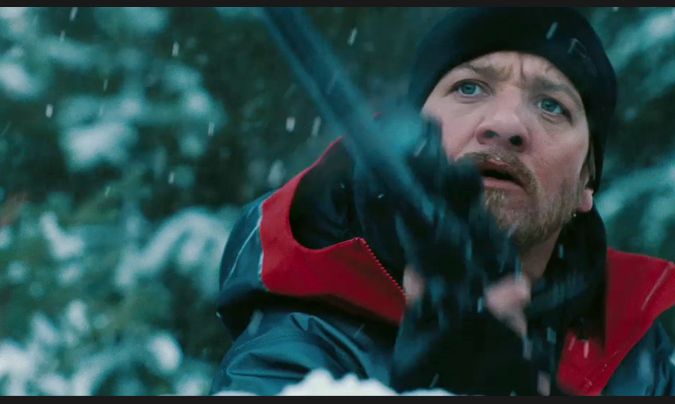
“Here we see the nascent super-solider in his natural habitat…”
Stuff I Liked: I always like seeing Ed Norton. This film ditches the shakey-cam of previous Bourne films and I never felt confused trying to follow the action.
Stuff I Didn’t Like: For all of its talk of conspiracies and chemical compounds, the film feels insubstantial. While the idea of tying into the existing franchise while being its own animal is neat, the execution feels like it wanted to go completely one way or the other and couldn’t make up its mind. Much of the plot feels muddy and outside of immediate threat to the likable protagonists there’s no major tension to speak of.
Stuff I Loved: I like both Jeremy Renner and Rachel Weisz, and they have good chemistry (no pun intended), so that made the majority of the film quite watchable. The drone attack was pretty neat, especially the ways in which Cross deals with them.
Bottom Line: The Bourne Legacy isn’t bad, but it isn’t all that great or memorable, either. It’s competently built with good people in both the leading roles and behind the scenes, it’s part of an extant successful franchise, and there’s just enough interesting character stuff to keep it going for its running time. I questioned some of the decisions made in telling the story, and bits felt insubstantial, but I never fell completely into boredom while watching it. If you like either of the leads, or just have to know what happens next in Bourne’s world, you’ll have a decent time with this one.

